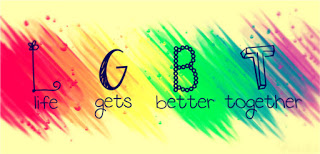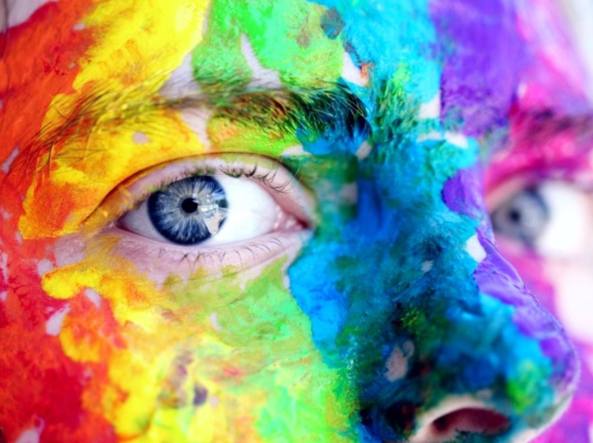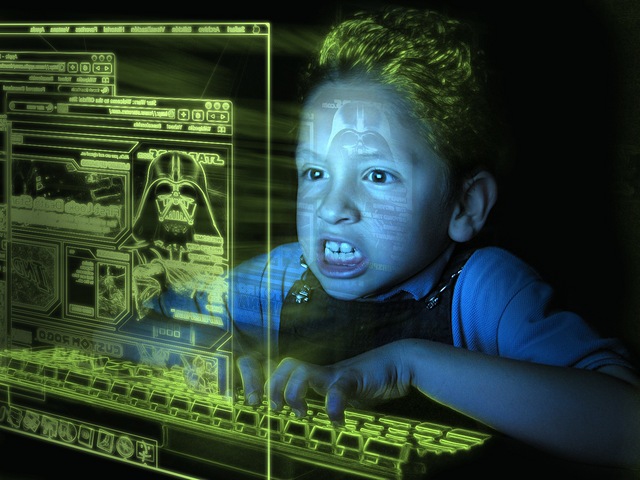WHAT IS LGBT THERAPY?
LGBT (Lesbian, Gay, Bisexual, Transgender, Queer, Intersex, Asexual) psychology is a specialization within psychology that, although it does not have a formal training, requires knowledge of the specific and exclusive realities of sexual and gender diversity, its most common processes and problems, and clinical experience with the group .
Being gay does not force you to go to an expert lgbt psychologist; But being gay and having a problem related to being homosexual can make you suffer and it is advisable to go to a specialized psychologist. However, doing therapy with a professional who does not have specific training will not do any harm; But would you go to the family doctor if you have broken a bone?
REALITIES AND EXCLUSIVE EXPERIENCES
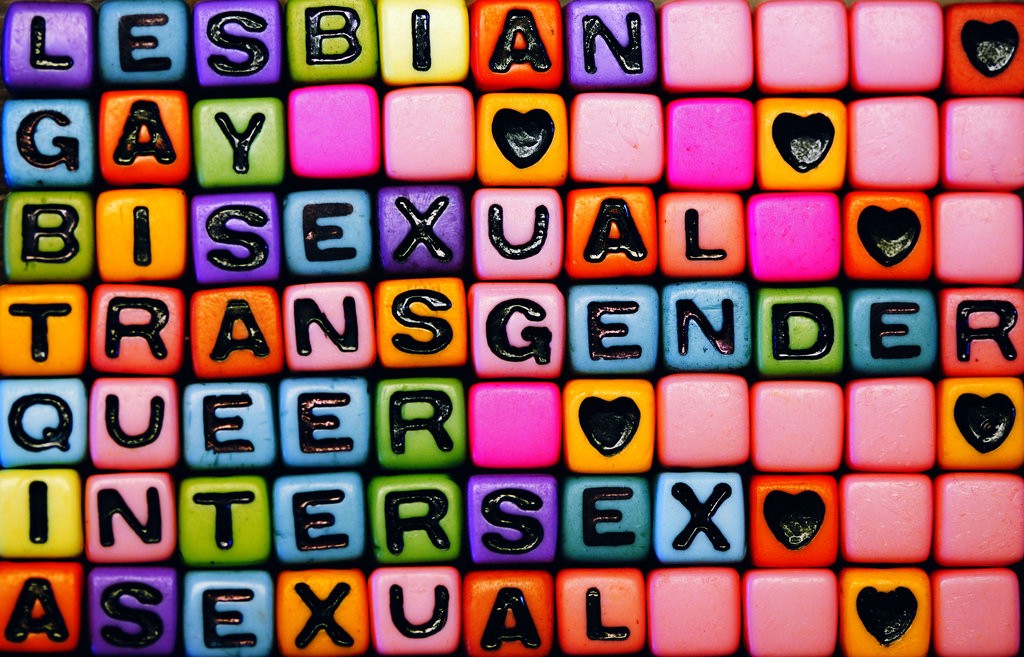
Homosexuality entails exclusive realities and experiences that can generate specific problems such as internalized homophobia, learned helplessness and emotional problems different from those of the heterosexual population.
The psychosexual and psycho-affective development of LGTBI + generates its own way of experiencing sexuality and of bonding affectively, so to deal with its possible difficulties it is necessary to have an exhaustive knowledge of the sexuality of gays, lesbians, bisexuals and non-cisgenders and their different models and couple dynamics.
Furthermore, homosexuality is associated with a unique process; the assumption of sexual orientation.
WHAT IS LGTBI + PSYCHOLOGY ABOUT?
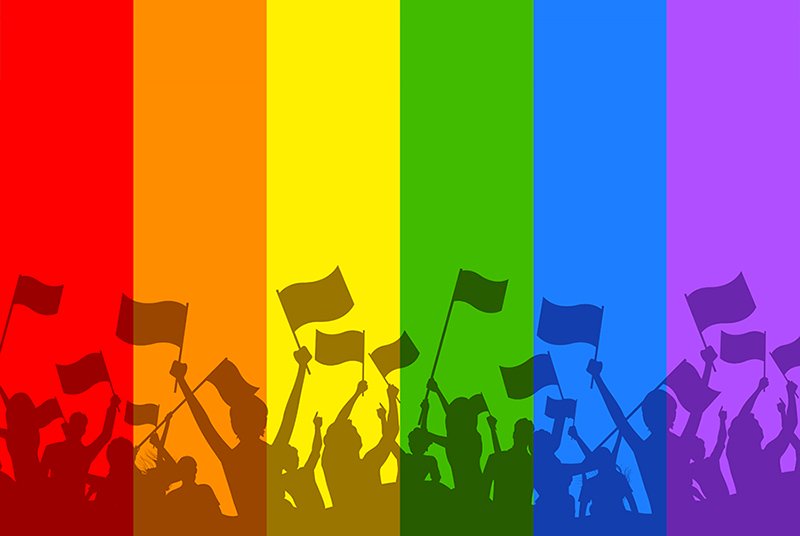
-Support in the process of self-acceptance: happy experience of homosexuality, bisexuality and transsexuality, coming out of the closet, doubts about affective-sexual orientation.
-Overcoming internalized homophobia and associated anxiety.
-Treatment of trauma due to LGTBphobia.
-Intervention and treatment of homophobic bullying.
-Therapeutic accompaniment in the construction or doubts of gender identities.
-Psychological intervention and support to families with difficulties in accepting their children sexually.
-Psychotherapy and psychological support for homoparental families: decision-making when faced with the desire for motherhood and fatherhood in LGTBI + couples, emotional support in assisted reproduction processes, habitual difficulties.
-Intervention in intra-gender violence.
-Psychological intervention before couple problems: same-sex couple therapy, dependent and toxic relationships in LGB, breakup, jealousy, infidelity, difficulties in establishing other types of sex-affective relationships: open, permeable, polyamorous …
-The most common sexual problems in lesbian and bisexual women: lack of desire, vaginismus, anorgasmia, sexophobia, sex addiction … -The most common sexual problems in gay and bisexual men: erection problems, lack of desire, chemsex, sex addiction, nosophobia, serophobia, premature or delayed ejaculation …
